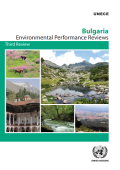
The Third Environmental Performance Review of Bulgaria takes stock of progress made by the country in the management of its environment since 2007.
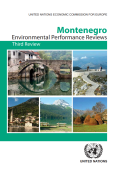
The Third Environmental Performance Review of Montenegro examines the progress made by the country in the management of its environment since the country was reviewed in 2007 for the second time.
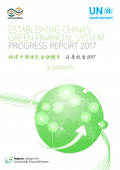
The report Establishing China’s Green Financial System: Progress Report finds that China – which put green finance on the G20 agenda during its 2016 presidency – is following through on its political commitment to boost the financing required to do this.
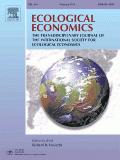
The role of technology transfer in the mitigation of climate change has been strongly emphasized in the recent policy debate. This paper, Technology Diffusion and Climate Policy: A Network Approach and its Application to Wind Energy, offers a network-based perspective on the issue.
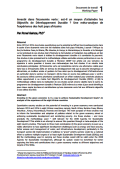
Quantitative country studies on the potential of investing in a green economy were conducted between 2013 and 2016 in eight African countries, namely, South Africa, Burkina Faso, Ghana, Mauritius , Kenya, Mozambique, Rwanda and Senegal.
